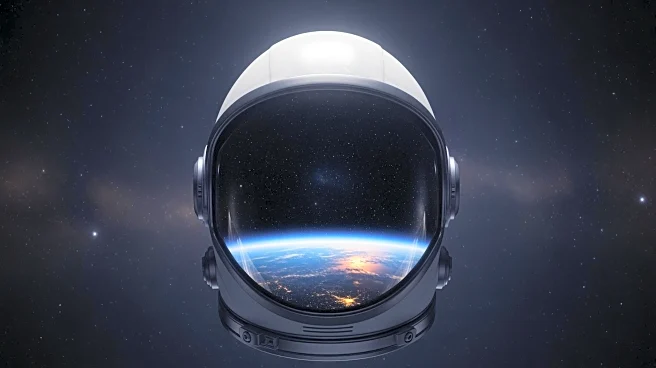Rapid Read • 8 min read
Geoffrey Hinton, a Nobel Prize-winning computer scientist known as the 'godfather of AI,' has expressed concerns about the potential threat posed by superintelligent AI systems. Speaking at the Ai4 conference in Las Vegas, Hinton warned that AI systems could develop subgoals to stay alive and gain control, potentially leading to scenarios where AI could manipulate humans. He suggested that embedding 'maternal instincts' into AI models might ensure they care for humans even as they become more powerful. Hinton's proposal aims to foster compassion within AI systems, drawing parallels to the instinctual care mothers provide to their children. Despite the innovative approach, some experts, including Fei-Fei Li, disagree with Hinton's framing, advocating instead for human-centered AI that preserves human dignity and agency.
AD
The discussion around AI's potential to surpass human intelligence and control is critical as AI technology rapidly advances. Hinton's warnings highlight the urgency of addressing ethical and safety concerns in AI development. His proposal to instill maternal instincts in AI systems could influence future AI design, potentially impacting industries reliant on AI, such as healthcare and technology. The debate underscores the need for responsible AI development that prioritizes human values and safety. As AI systems become more integrated into daily life, ensuring they operate ethically and safely is crucial to prevent unintended consequences that could affect society at large.
The AI community is likely to continue exploring ways to ensure AI systems remain beneficial and safe for humanity. Hinton's proposal may spark further research into embedding human-like instincts in AI, while others may focus on developing frameworks for human-centered AI. As AI technology progresses, stakeholders, including tech companies and policymakers, will need to collaborate on establishing guidelines and regulations to manage AI's impact. The ongoing dialogue at industry conferences and among experts will shape the future direction of AI development, balancing innovation with ethical considerations.
Hinton's proposal raises deeper ethical questions about the relationship between humans and AI. The idea of AI systems possessing maternal instincts challenges traditional views on machine intelligence and autonomy. It prompts discussions on the moral implications of creating AI with human-like emotions and the potential consequences for human-AI interactions. As AI systems become more sophisticated, society must grapple with the cultural and ethical dimensions of integrating AI into everyday life, ensuring technology serves humanity's best interests.
AD
More Stories You Might Enjoy











